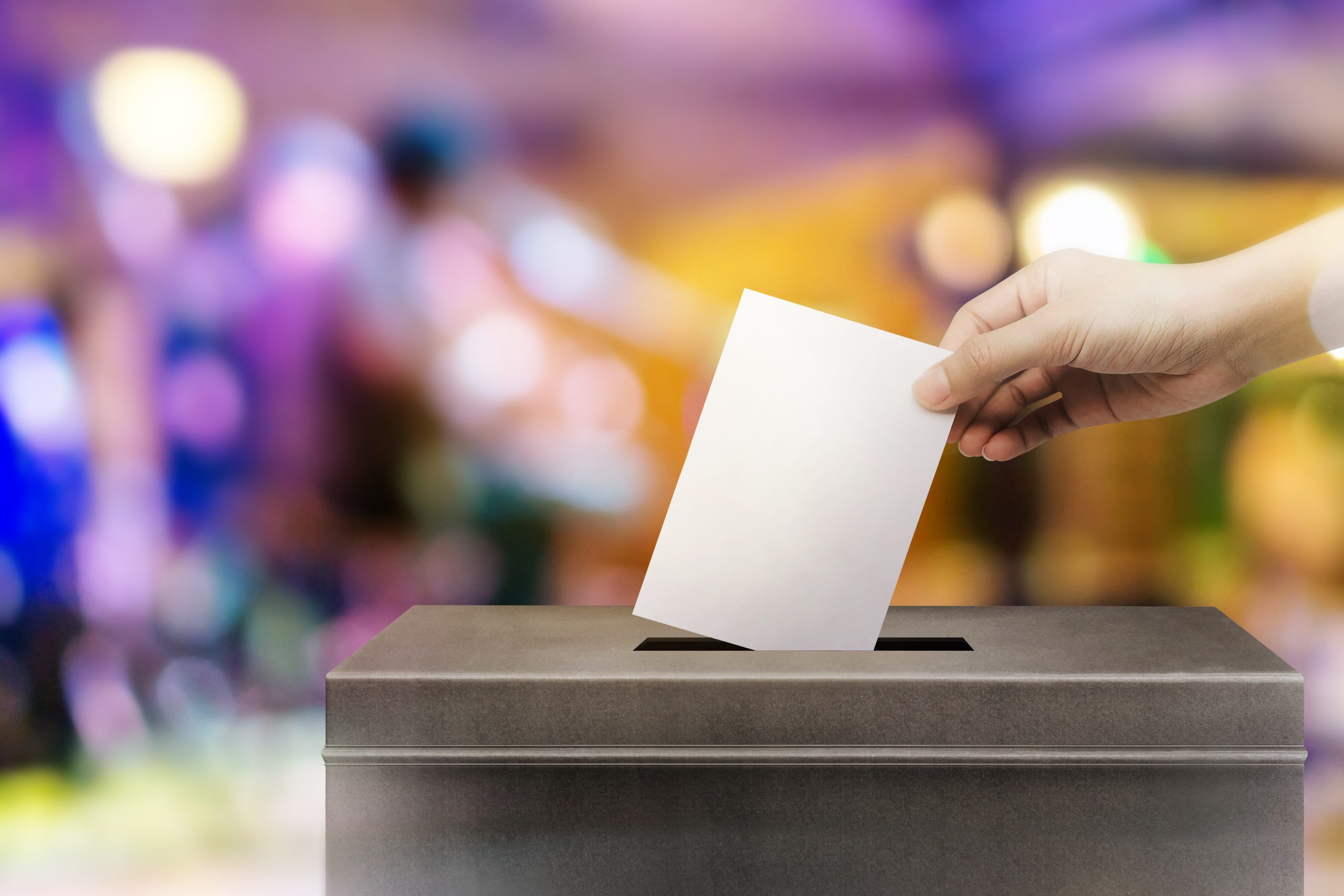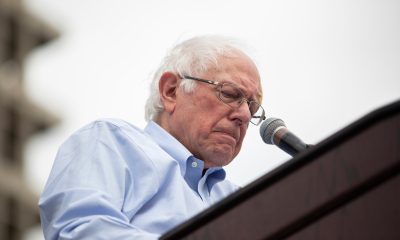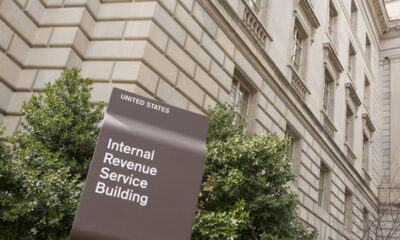How Open Primaries Strip Conservatism From Legislatures

Although the GOP currently controls the legislatures in 22 states — five more than Democrats control — that does not mean that they always vote the way that conservative Republicans might expect.
One of the main reasons that these state lawmakers have disappointed many of the voters who helped put them in office is the implementation of rules that make it easy for moderates — or even liberals — to run and win as Republicans.
In Louisiana, the process colloquially referred to as a “jungle primary” is a holdover from the days when Democrats controlled the state legislature. The system advances the two top vote-getters in a primary to the general election, regardless of party.
Given the state’s current Republican majority, that typically means that a conservative and moderate from that party are the choices in the general. In many cases, the support of Democratic voters and a subset of the Republican electorate is enough to secure victory for the moderate candidate.
GOP state Rep. Alan Seabaugh explained what that means in terms of advancing a conservative agenda.
“We’ve never been outvoted by Democrats, but we lose all the time,” he said. “And it’s because we’re outvoted by [Republicans in name only]. It’s because of people who want their constituents to think of them as conservative, they run as conservatives, and then they get to Baton Rouge and they hope no one notices how they vote.”
Seabaugh described the state as “very red,” noting that former President Donald Trump “carried Louisiana by a bigger margin than Texas.”
Nevertheless, he concluded that “the jungle primary pushes everything to the middle” and often makes it impossible to pass the measures on which conservative candidates campaign.
Other GOP-led states experience similar frustrations due to the nature of their primary elections. In Wyoming, for example, lawmakers encouraged Democratic voters to switch party allegiance in order to disrupt the primary by voting for then-Rep. Liz Cheney in last year’s election. Although the anti-Trump Republican still went on to lose, the ploy revealed how easy it is for Democrats to cast ballots in GOP primaries.
In total, 10 Republican states have open primaries — compared to just four states led by Democrats. On the other hand, six Democratic states conduct closed primaries, allowing only members of the party to vote, whereas just three GOP states do the same.






















